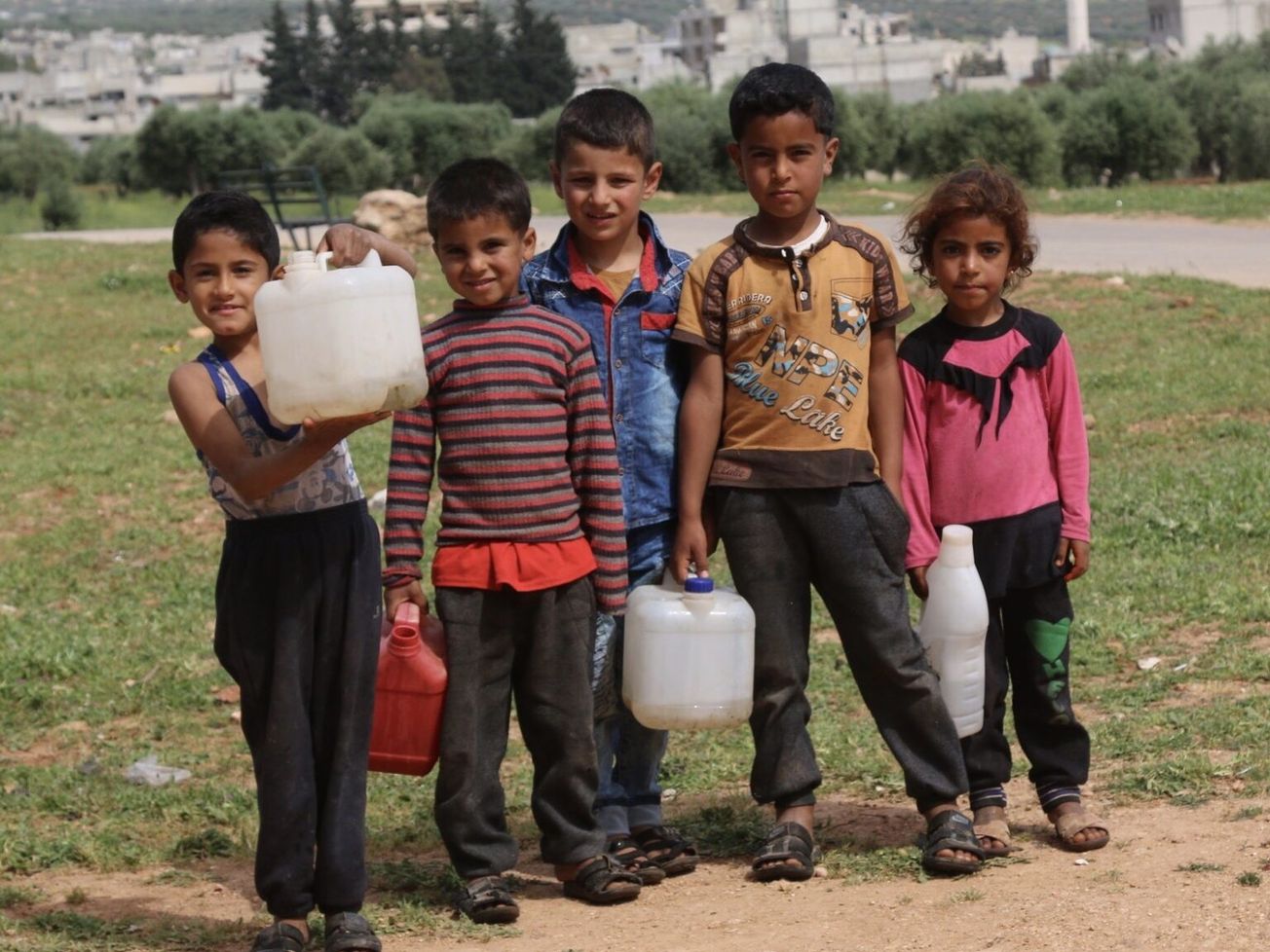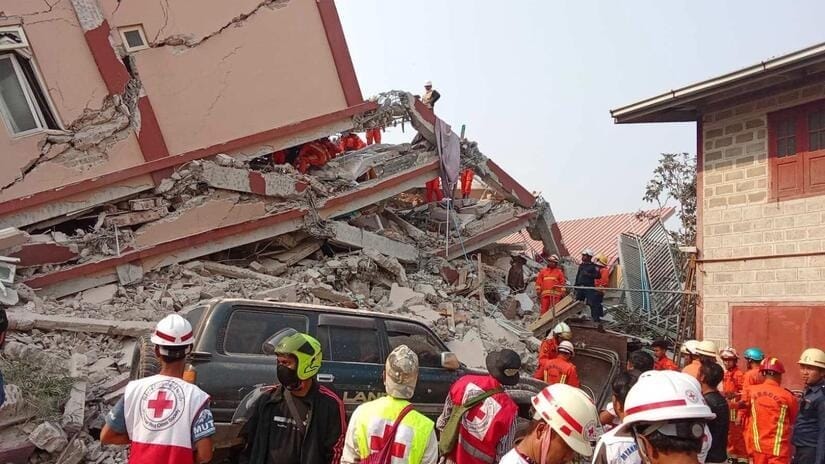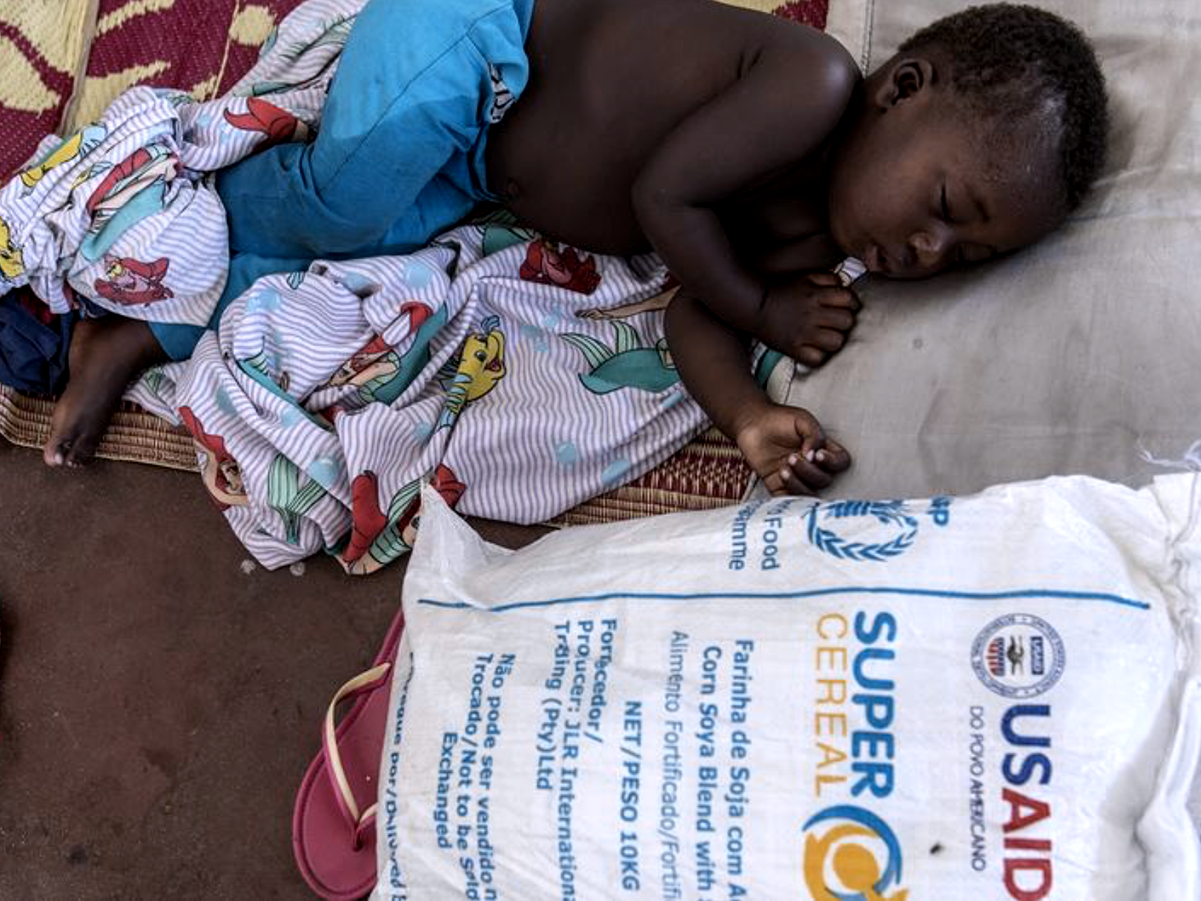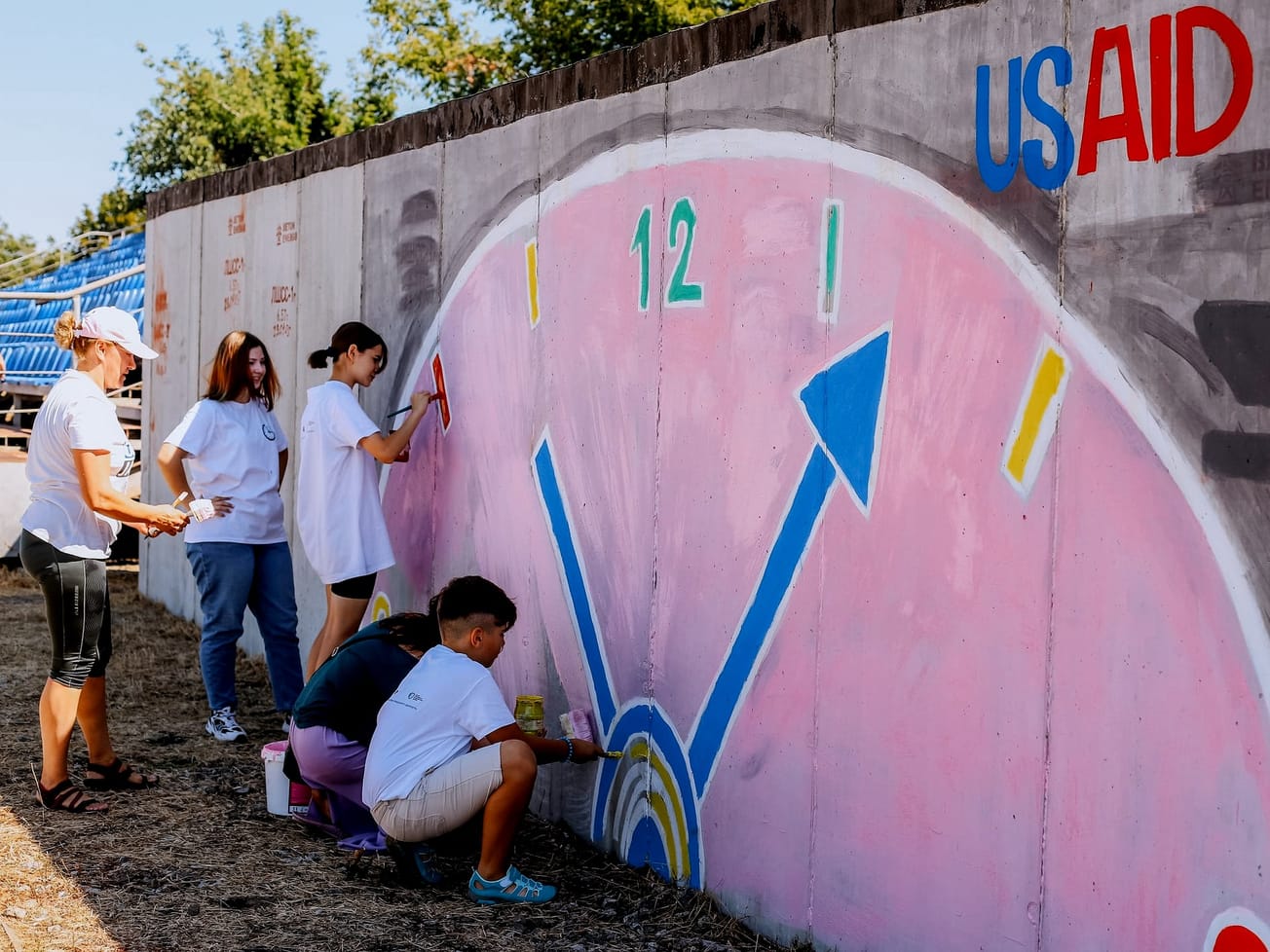UNITED NATIONS (AN) — The U.N. Security Council voted to constrict cross-border humanitarian aid for Syrians living in areas still beyond Syrian President Bashar Assad's control to just one Turkish crossing, bowing to demands by Russia which, along with Iran, is Assad's main ally.
The 15-nation council's compromise on Saturday with Russia and China to eliminate humanitarian aid groups' access to one of the two main Turkish border crossings will further choke off aid in Syria's mainly rebel-controlled northwest. Other council members, led by Belgium and Germany, argued that another 1.5 million people, including a half-million children, will be deprived of life-saving food and medicine.









